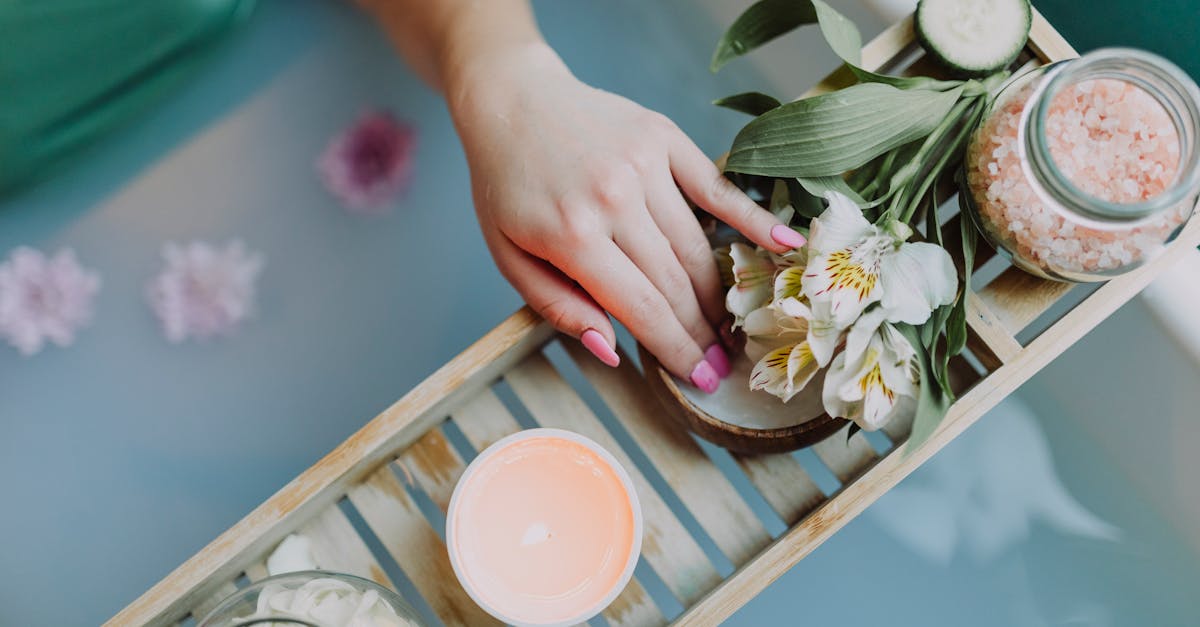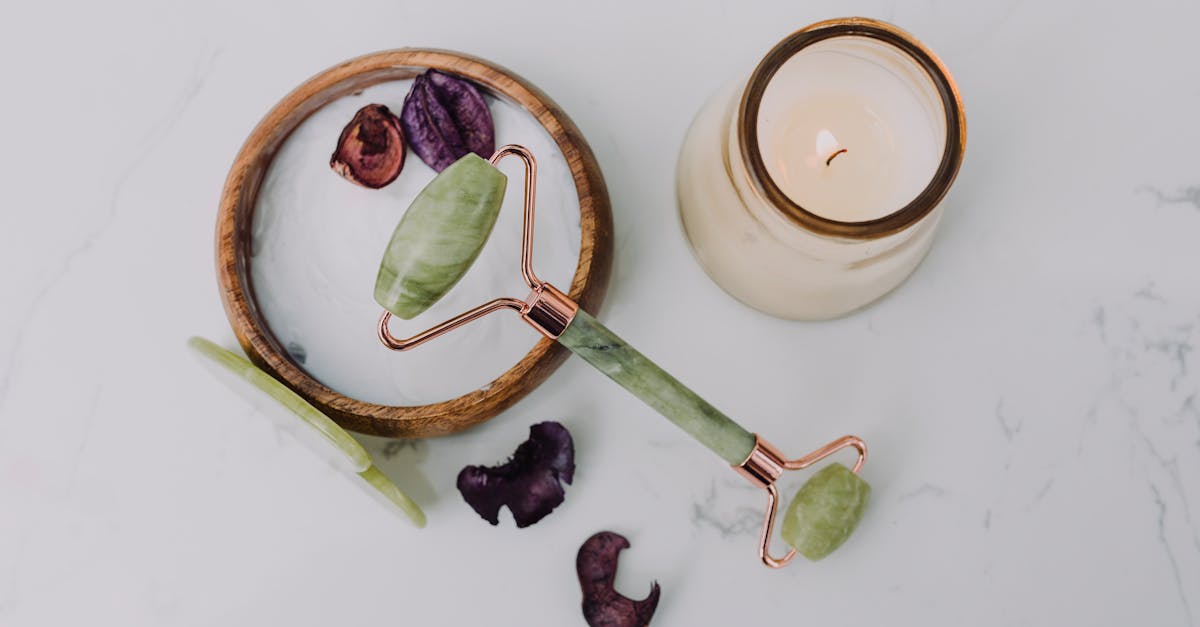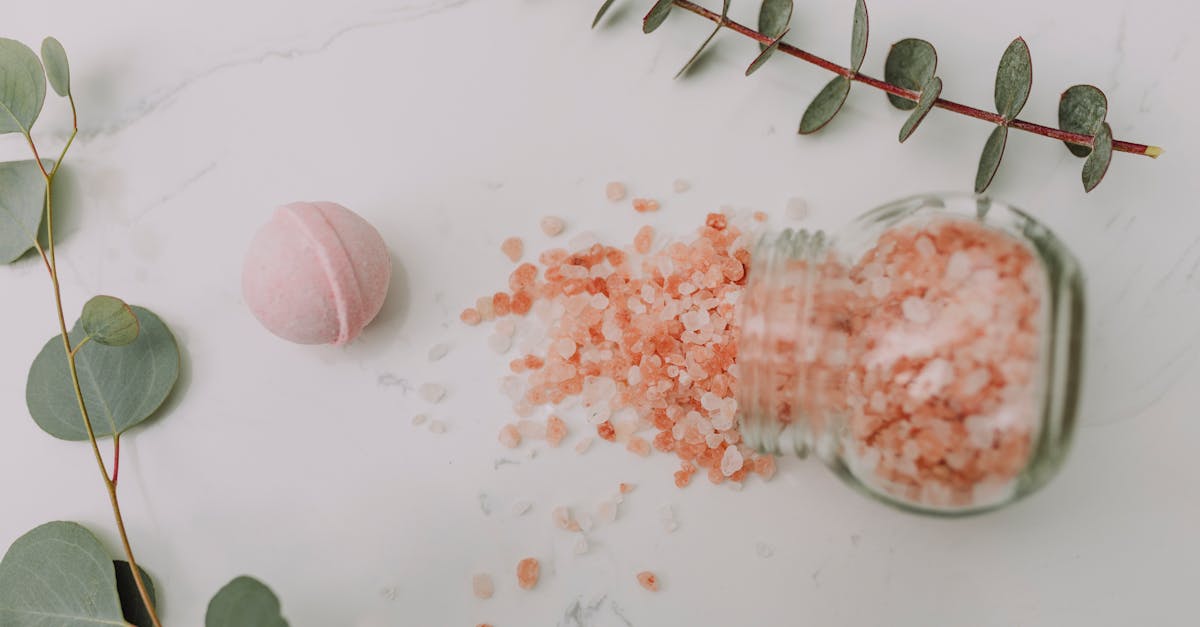Self-Care vs. Self-Indulgence
Everyone has heard about "self-care," whether it's taking a bubble bath or practicing yoga. While these practices may seem indulgent, they are actually essential to maintaining your mental and physical well-being. However, there's a fine line between self-care and self-indulgence that many people fail to recognize.
In this article, we'll examine the differences between self-care and self-indulgence, explain why self-care is so important, and provide practical tips for incorporating healthy habits into your daily routine. By the end of this article, you'll have a better understanding of how to prioritize your own well-being without crossing into the territory of unhealthy behaviors.
What is Self Care?
Self-care is the practice of taking steps to preserve and improve one's health and well-being, especially during times of stress or difficulty. It is an important part of maintaining good physical, mental, and emotional health. Self-care involves making intentional choices that prioritize your own needs and interests. The goal is to reduce stress and enhance overall quality of life.
Self-care can take many forms, depending on individual needs and preferences. This could include things like exercise, healthy eating habits, meditation, spending time with loved ones, pursuing hobbies or interests, getting sufficient sleep, or seeking professional help when needed. Whatever form self-care takes for you personally, it should be a regular part of your routine to promote optimal health and well-being.
Benefits of Self Care
Self-care is a crucial aspect of maintaining healthy physical and mental well-being. Making self-care a priority in your life can lead to a wide range of benefits, including but not limited to:
- Better stress management: Regular self-care can help reduce stress levels and increase resilience when faced with difficult situations.
- Improved physical health: Practicing self-care such as regular exercise, a healthy diet, and good sleep habits can have positive effects on your physical health.
- Better mental health: Taking time for yourself and engaging in activities that you enjoy can reduce symptoms of anxiety and depression.
- Increase productivity: When you practice regular self-care, you are able to recharge your batteries which ultimately leads to increased productivity.
The benefits of self-care go beyond these examples. By prioritizing yourself, you are able to show up fully for those around you. This includes family members, friends, co-workers, or anyone else who may rely on you. Self-care allows us to bring our best selves into every situation we face and make the most out of every moment.

Finding Self-Care Ideas
Self-care is all about taking care of your mental, emotional, and physical health. It is essential to find activities that help you relax, recharge and re-energize. Finding the right self-care activities may take some time as they should fit your interests, needs, and schedule. Here are some ideas to get started:
1. Get in Touch with Nature: Spending time in nature can be a great way to de-stress and improve your mood. Take a walk in the park or a hike in the woods.
2. Practice Mindfulness: Practicing mindfulness can help you feel more present and less stressed. Try meditation or yoga.
3. Indulge Your Senses: Engage your senses by listening to music, lighting candles, or diffusing essential oils.
4. Cultivate Gratitude: Focusing on what you're thankful for helps shift your focus from negative thoughts to positive ones.
5. Connect with Loved Ones: Spending time with family and friends can boost your emotional well-being.
The key is to find what works for you so that it becomes part of your daily routine.
Making Self-Care a Priority
Self-care is more than just a one-time activity or treating yourself to a spa day. It is an ongoing practice that requires effort and intention. However, making self-care a priority can be difficult when our schedules are already packed with work, social obligations, and other responsibilities.
In order to make self-care a priority, it is important to first recognize its importance in our lives. Self-care helps us recharge, reduce stress, and improve our overall well-being. Start by setting aside time each day for a small act of self-care, such as taking a 10-minute walk or reading before bed. It can also be helpful to prioritize self-care activities by scheduling them into your calendar just like you would any other appointment.
Remember that making self-care a priority is not selfish; it is necessary for our own physical and mental health. By taking care of ourselves first, we are better equipped to take on the challenges of daily life and be present for those around us.
Self-Care for Everyone
Self-care is not a luxury reserved for a certain group of people. It is a vital element of maintaining one's physical, emotional, and mental well-being. Regardless of age, gender, or background, everyone can benefit from self-care practices. It's important to take time to prioritize oneself and find ways to rejuvenate the mind and body.
Self-care can be as simple as taking a few minutes to stretch in the morning or reading a book before bed. It can also involve more substantial activities such as getting regular exercise or attending therapy sessions. The key is finding what works best for each individual and making it a consistent part of their routine.
Self-care also does not have to be expensive or time-consuming. Low-cost options such as taking a relaxing bath or going for a walk in nature can provide significant benefits. Self-care does not have to be perfect either; it's okay if it doesn't happen every day or if someone tries different methods until finding what works best for them.

How to Incorporate Self-Care into Your Daily Routine
Self-care is not a one-time event, it’s a continuous process that requires daily efforts. Finding the time and motivation to incorporate self-care practices into your daily routine can be challenging, but with the right mindset and approach, it can become a natural part of your life.
Start by identifying how you currently spend your time each day. Are there any activities that drain your energy or do not serve you well? Look for opportunities to replace these activities with self-care practices. For example, instead of scrolling through social media before bed, try reading a book or taking a relaxing bath.
You can also try incorporating small moments of self-care throughout the day. Take breaks during work to stretch or take a walk outside. Practice deep breathing exercises when feeling stressed or overwhelmed. Prepare healthy meals and snacks for yourself instead of relying on fast food or processed options.
Remember, self-care is unique to each individual and what works for one person may not work for another. Experiment with different practices and find what brings you joy and relaxation. Make self-care a non-negotiable part of your routine and watch as it transforms your overall well-being.
Small Self-Care Practices with Big Impact
When it comes to self-care, it’s easy to think that it has to be something elaborate or time-consuming. However, even the smallest practices can have a big impact on your overall well-being. Here are some simple and practical self-care ideas that you can easily incorporate into your daily routine:
- Morning Routine: Start your day off on a positive note by setting aside a few moments for yourself before jumping into your daily tasks. This could be anything from enjoying a cup of tea or coffee to meditating, journaling, or stretching.
- Tech Breaks: In our fast-paced world, we are constantly bombarded by notifications and alerts from our electronic devices. Take regular breaks throughout the day to disconnect from technology and give yourself time to recharge.
- Social Support: Spending time with loved ones is not only enjoyable but also crucial for our mental health. Make time for socializing whether in-person or virtually.
- Nature Time: Spending time in nature has been shown to reduce stress levels and improve overall well-being. Even if you live in an urban area, find ways to connect with nature such as going for a walk in a park or gardening.
Remember that self-care is unique to each individual and what works for one person may not work for another. These small practices may seem insignificant but can make all the difference when done consistently over time.
Investing in Your Self Care
Self-care is not just a way to pamper yourself, but an investment in your overall well-being. When you take the time to prioritize self-care, you are investing in your physical, emotional, and mental health.
This investment can lead to greater productivity, creativity, and an overall sense of happiness. It's important to recognize that investing in self-care doesn't always mean spending money on expensive activities or items. It can be as simple as taking a walk outdoors or listening to your favorite music.
Making a conscious decision to invest in yourself can also lead to positive changes in your relationships with others. When you feel good about yourself, it's easier to communicate effectively and build stronger connections with those around you.
Avoiding Self-Indulgence and Finding Balance
Self-care is often associated with indulging in our desires, but it's important to find a balance between self-care and self-indulgence. Self-indulgence is excessive or unrestrained gratification of one's own desires, which can ultimately lead to negative consequences.
It's important to ask ourselves if what we're doing is truly benefiting our well-being or if it's just a temporary escape from reality. By finding balance and practicing self-control, we can ensure that our self-care practices are sustainable and contribute to our overall health and happiness.
Incorporating self-reflection into our routine can help us determine the difference between self-care and self-indulgence. It’s okay to indulge once in a while but overindulging can have long-term consequences. By setting realistic goals for ourselves, creating a routine that balances work and play, and keeping in mind the bigger picture of overall health we can all achieve optimal wellness through effective self-care.

Frequently Asked Questions
Self-care is unfamiliar territory for many people, and as a result, there are often many common questions that arise when discussing this topic. Here are some of the frequently asked questions about self-care:
Can Self-Care Help with Depression?
Self-care alone cannot cure depression, but it can be a useful tool for managing the symptoms of depression. Engaging in activities that promote physical, emotional, and mental well-being on a consistent basis can provide a sense of control and help prevent feelings of helplessness or hopelessness. It's important to note that while self-care may be helpful in managing depression, it's not a substitute for professional treatment from a mental health provider.
Can Self-Care Help with Anxiety?
Yes! Self-care can be an effective way to manage anxiety symptoms. Engaging in calming activities and rituals like meditation or yoga can help reduce anxiety levels by promoting relaxation and stress reduction. Additionally, practicing self-compassion and self-forgiveness can help alleviate anxiety caused by feelings of guilt or shame.
What Can Self-Care Look Like?
The beauty of self-care is that it can look different for everyone. For some people, self-care might mean taking a relaxing bath or going for a walk in nature. For others, it might mean journaling or spending time with loved ones. Regardless of what form it takes, the most important thing is to prioritize activities that promote your well-being.
Can Self-Care Make You Happy?
In short - yes! Self-care can contribute to happiness by promoting overall well-being and reducing stress and anxiety. Prioritizing activities that bring joy and relaxation can lead to increased feelings of happiness and fulfillment. However, it's important to note that self-care alone may not be sufficient for treating clinical depression or other mental health conditions.
What can self-care look like?
Self-care can take many different forms, and what works best for one person might not work as well for another. The key is to find activities that make you feel more relaxed, less stressed, and generally better able to cope with the demands of day-to-day life. Some examples of self-care activities might include:
- Taking a warm bath or shower
- Going for a walk in nature
- Meditating or practicing yoga
- Reading a good book
- Journaling or writing down your thoughts and feelings
- Hanging out with friends or family members who lift you up
- Cooking yourself a healthy and nourishing meal
- Taking a nap or getting enough sleep at night
The possibilities are endless when it comes to self-care, so feel free to get creative and think outside the box. The key is to prioritize your own needs and make time for yourself, even when life gets busy. By taking good care of yourself, you'll be better equipped to handle whatever challenges come your way.
Can self-care become toxic?
While self-care is an essential practice for maintaining our mental and physical well-being, it is important to note that too much of anything can become harmful. This includes self-care. When self-care turns into an obsession or becomes the sole focus of our lives, it can quickly turn toxic.
The key here is finding balance. Self-care should not be something that we do at the expense of everything else in our lives. It should be a part of a bigger picture that includes healthy relationships, fulfilling work or hobbies, and other aspects that bring joy and meaning to our lives.
It's also important to recognize when self-care has gone too far. If you find yourself constantly skipping social events or neglecting responsibilities in order to prioritize your self-care routine, it may be time to reassess your habits and make some adjustments. Remember that self-care should enhance your life, not detract from it.
Conclusion
In conclusion, self-care is a vital aspect of our everyday lives. Taking the time to prioritize our needs, whether it's through taking a relaxing bath or going for a walk, can have significant benefits on our mental and physical health. However, it's important to find balance and avoid self-indulgence. By investing in ourselves and practicing self-care regularly, we can lead happier and healthier lives. Remember to make yourself a priority and take care of your mind, body, and soul.
Sweet Surrender believes you deserve to pamper and take care of yourself daily which is why we have created products that are a blend of luxury and functionality to easily incorporate into your schedule.
Taking care of yourself shouldn't be difficult, in fact it should be the parts of your day you look foward to enjoying.
We hope you found this article helpful. If you did, please share it with your tribe. You never know who's struggling and in need of help.
Also, if you have any questions or would like to share your feedback, we'd love to hear from you! Just leave your qeustions or comments below!
